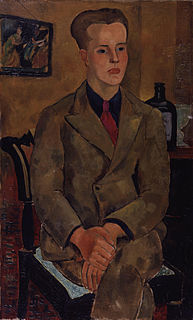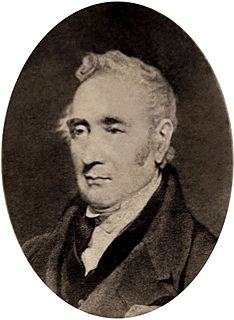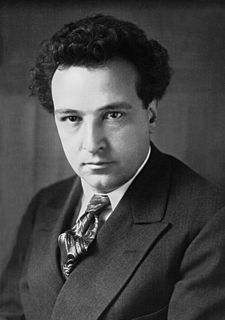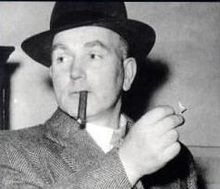A Quote by Constant Lambert
It is only comparatively primitive machinery that affords a stimulus, and there is already a faint period touch about Pacific 231 and Le Pas d'Acier. One feels...that Prokofieff should have written ballets about the spinning jenny and the Luddite riots; that Honegger should have been there to celebrate the opening of the Stockton and Darlington Railway and the death of Huskisson with a "Symphonie Triomphale et Funèbre".
Related Quotes
There are all sorts of theories and ideas about what constitutes a good opening line. It's tricky thing, and tough to talk about because I don't think conceptually while I work on a first draft -- I just write. To get scientific about it is a little like trying to catch moonbeams in a jar. But there's one thing I'm sure about. An opening line should invite the reader to begin the story. It should say: Listen. Come in here. You want to know about this.
The wise screen writer is he who wears his second-best suit, artistically speaking, and doesn't take things too much to heart. He should have a touch of cynicism, but only a touch. The complete cynic is as useless to Hollywood as he is to himself. He should do the best he can without straining at it. He should be scrupulously honest about his work, but he should not expect scrupulous honesty in return. He won't get it. And when he has had enough, he should say goodbye with a smile, because for all he knows he may want to go back.
To tell the truth, in Pacific 231 I was on the trail of a very abstract and quite ideal concept, by giving the impression of a mathematical acceleration of rhythm, while the movement itself slowed . I first called this piece Mouvement symphonique. On reflection I found that a bit colorless. Suddenly, a rather romantic image crossed my mind, and when the work was finished, I wrote the title Pacific 231, which indicates a locomotive for heavy loads and high speeds (a type unfortunately disappeared, alas, and sacrificed to electric traction).
I have come to the conclusion that executions solve nothing, and are only an antiquated relic of a primitive desire for revenge which takes the easy way and hands over the responsibility for revenge to other people...The trouble with the death penalty has always been that nobody wanted it for everybody, but everybody differed about who should get off.
The Devil is perfectly willing that the church should multiply its organizations and its deftly contrived machinery for the conquest of the world for Christ, if it will only give up praying...The Devil is not afraid of machinery; he is only afraid of God. And machinery without prayer is machinery without God.
We should think more about it, and accustom ourselves to the thought of death. We can't allow the fear of death to creep up on us unexpectedly. We have to make the fear familiar, and one way is to write about it. I don't think writing and thinking about death is characteristic only of old men. I think that if people began thinking about death sooner, they'd make fewer foolish mistakes.







































